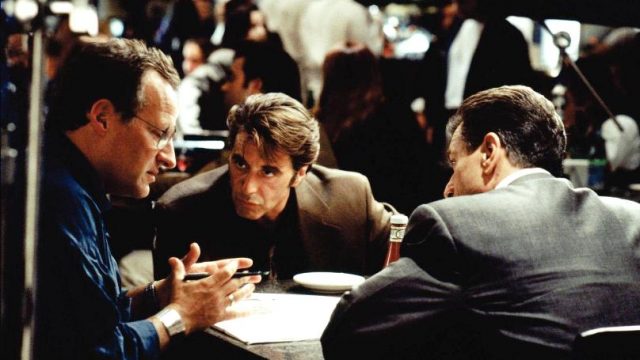For nothing is lost, nothing is ever lost. (Robert Penn Warren)
Picking up on a theme of Grosse Point Blank (and Fearless Leader Kassendorf’s strong essay on same), one of the ways we see our lives’ growth and change is through art. We didn’t evolve for introspection, our senses look outward, our actions work in the world. One of the things art does is to give us a surface to see ourselves, sometimes others too: to give us the tropes and images that help us understand ourselves. That means that what we see in art will change over time, because those selves and our seeing change. It’s something that’s a lot more complex and more rewarding than “well I didn’t like it then, but I like it now.”
Looking through my own history (and it’s something I’ve talked about before), I’m struck by how much of my past is still with me. For better and for worse, I don’t seem to give up old things as I pick up new ones; the self I was thirty years ago isn’t gone, it’s just a layer that’s farther down than others. In watching movies, that layering manifests as finding new meanings without losing the old ones.
My first time watching the diner scene in Heat, for example, I could only see a parody of genre, two men ritualistically threatening each other because that’s what the antagonists do at this point in the story. (This is why one always has to see a Michael Mann film more than once: he stays so precisely with each genre beat that it can be mistaken for something, well, generic. It’s only on the rewatch that the depth and care becomes apparent. Same rule applies to Glenn Branca and chord progressions, by the way.) Only repeated viewings let me realize the commitment of these characters, the way both Hanna and McCauley are fully aware of the necessity of their actions (“that’s the discipline,”) the humor both of them feel (look that their faces in the final shots), the hushed romanticism of Elliot Goldenthal’s score, and most of all the real feeling, expressed through genre, of the characters and even the setting.
The climactic moment of Full Metal Jacket is another moment that has changed as I have changed: without any reading disappearing, new meanings grow on it as I do. Joker crosses over here and becomes a true member of the Lusthog Squad, and that’s terrifying; but his execution of the sniper, rather than “leaving her to the rats,” is also mercy. What took me so long to realize was that this moment is about not just affection but recognition, the end of Joker’s journey, the moment when he looks in a mirror and finally sees a killer–which is to say, he finally sees a person. Again, at his best, Kubrick was never an ambiguous filmmaker, he was a multidimensional one: all the meanings are clear, distinct, and they all contradict each other. You have to live long enough to become just as contradictory yourself to see all of those meanings.
So, fellow Soluters, what are your long-term viewing experiences? What are the movies that have changed and evolved for you over time, and why?


